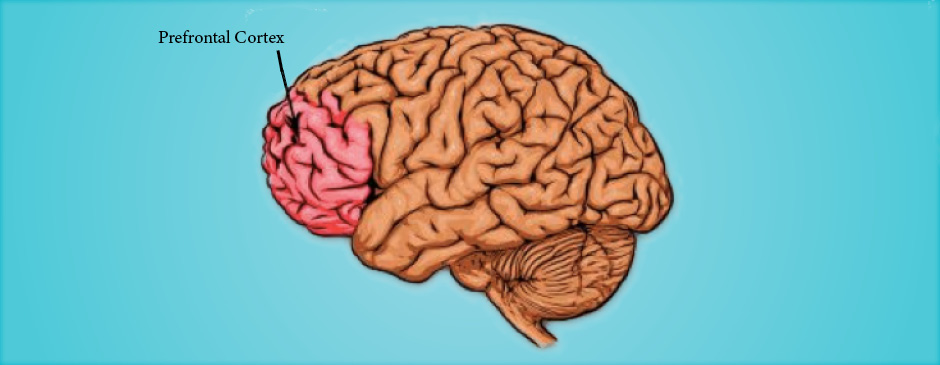Risky Business
Post continued...
Passing your driving test can be a huge milestone in life – but just because you know how to drive, doesn’t always mean that you make the best decisions behind the wheel.
In fact, young males in particular are over seven times more likely to be involved in an accident than any other age group.
We know our young audience is full of intelligent, enterprising people, with an awful lot to offer – so we got to wondering, why is it that you hear so often about teenagers and young adults making risky decisions in life, and behind the wheel?
It turns out that plenty of scientists have been asking themselves the very same question – and the results are pretty interesting.
The pre-frontal cortex (the part of the brain that controls decision-making) is still developing, some experts say, until we reach the age of 25.
It’s this development that makes young people so adventurous and willing to try new things. This risk taking can be brilliant, encouraging teens to learn new skills, assert independence and meet new people – but it’s not so good when it comes with the desire to drive too fast, or show off to impress friends.
Young brains don’t perceive risk differently to adults, but they evaluate the reward as much greater. Social recognition is far more important to teenagers and young adults than it is to humans at any other point in their life. It’s that darn pre-frontal cortex!
So, if we’re neurologically hardwired to indulge in more risk-taking behaviour during our teenage years, how can we help stop young people having accidents on the road?
Well, we think changing attitudes is always a good first step! If it’s social recognition that is driving much of this behaviour – perhaps more campaigns reinforcing social perceptions of recklessness on the road could help?
We’ve got to say – we thought this Australian advert did it brilliantly!

